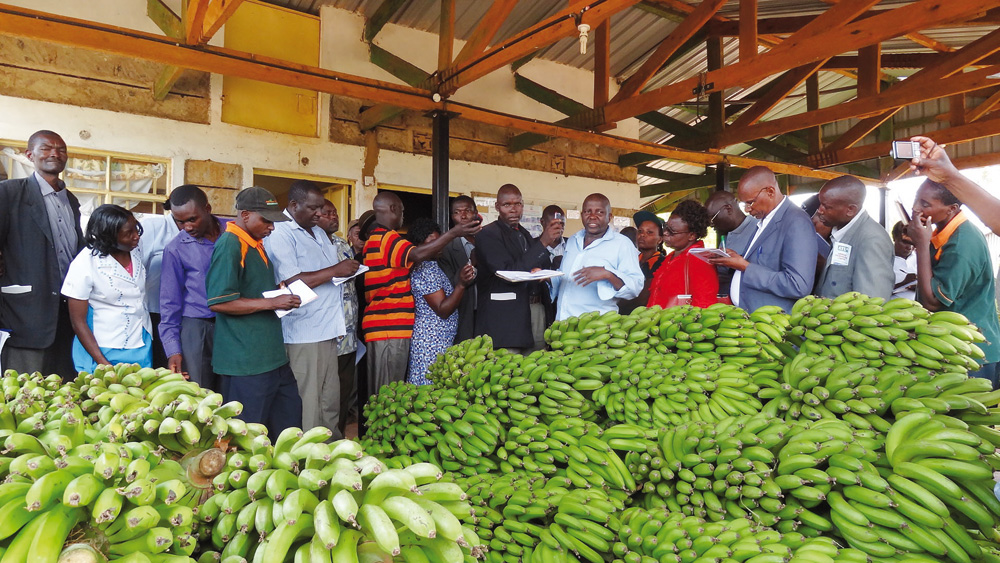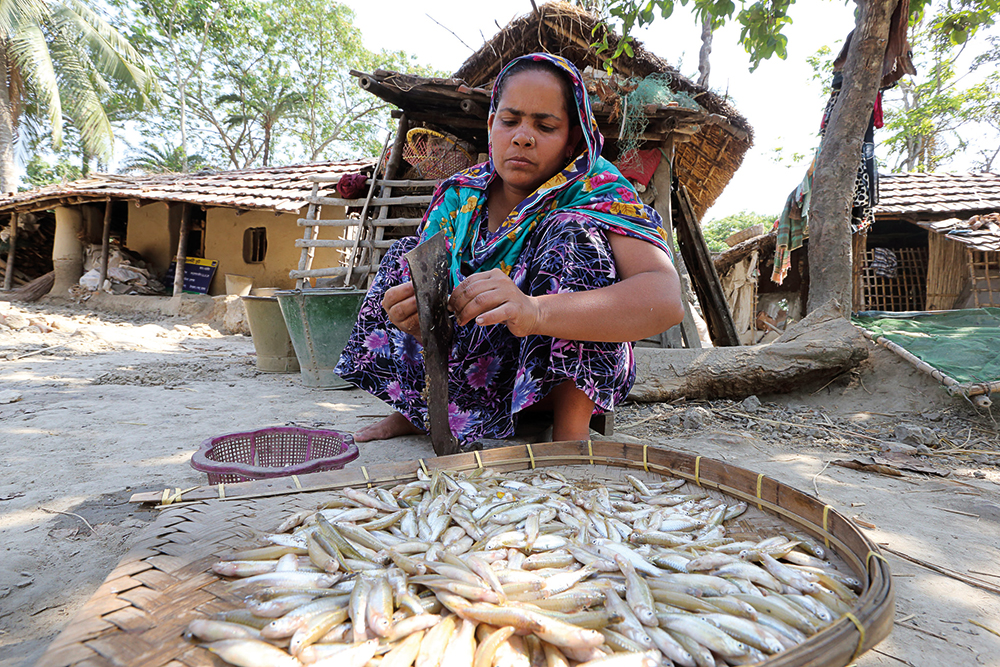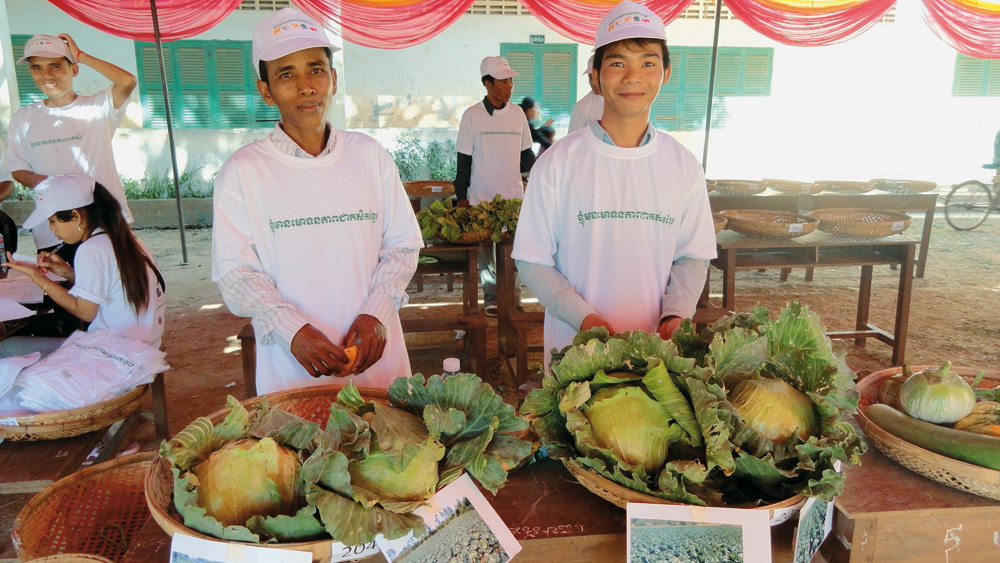DLG-Verlag was founded in 1952 as a subsidiary of DLG e.V. (Deutsche Landwirtschafts-Gesellschaft - German Agricultural Society) with its headquarter in Frankfurt/ Germany. The publishing company provides expertise for the agricultural and food sector.
With its subsidiaries Max-Eyth-Verlag and DLG-Agrofood Medien GmbH the DLG-Verlag offers books and magazines, as well as catalogs of the DLG's international DLG exhibitions.
Members:
Resources
Displaying 76 - 80 of 316From lab to field to market
“There is plenty of innovation. The trick is to get it to the farmers,” it is often said when technology transfer to farmers, and smallholders in particular, is referred to. In addition to the financial resources, they often lack the knowledge needed to be able to benefit from the new technologies. The ‘whole value chain approach’ of the Africa Harvest organisation shows how technology transfer can work.
Biovision’s Farmer Communication Programme
In many parts of Africa, formal education and training in agriculture is almost nonexistent. Swiss Biovision Foundation supports farmers via its Farmer Communication Programme. While it takes advantage of its close links with research institutions, the ideas and experiences of farmers also flow directly into its course contents.
The “Green charcoal chain”
German Development Cooperation has developed an approach for the sustainable production of charcoal that has proved to have a considerable impact in Northern Madagascar. Since both environmental and socioeconomic aspects are addressed in a very effective way, this approach has high potential referring to global challenges such as land degradation, rural poverty and climate change.
A (women)farmer-first approach – a case study from Papua New Guinea
The Government extension services in Papua New Guinea (PNG) are weak. There is a general lack of money and staff, and the country has a poor infrastructure. Above all small-scale farmers in remote areas are left out of developments. This applies in particular to women farmers, despite their providing 85 per cent of the rural workforce.
Farmer-to-farmer knowledge exchange
Innovation takes place not only in laboratories, and disseminating knowledge need not depend on classrooms. The Cambodian GIZ project “Best Farmer 2012” is an example of how achievements of small-scale farmers can be appreciated and their co-farmers can simultaneously benefit from new insights.






